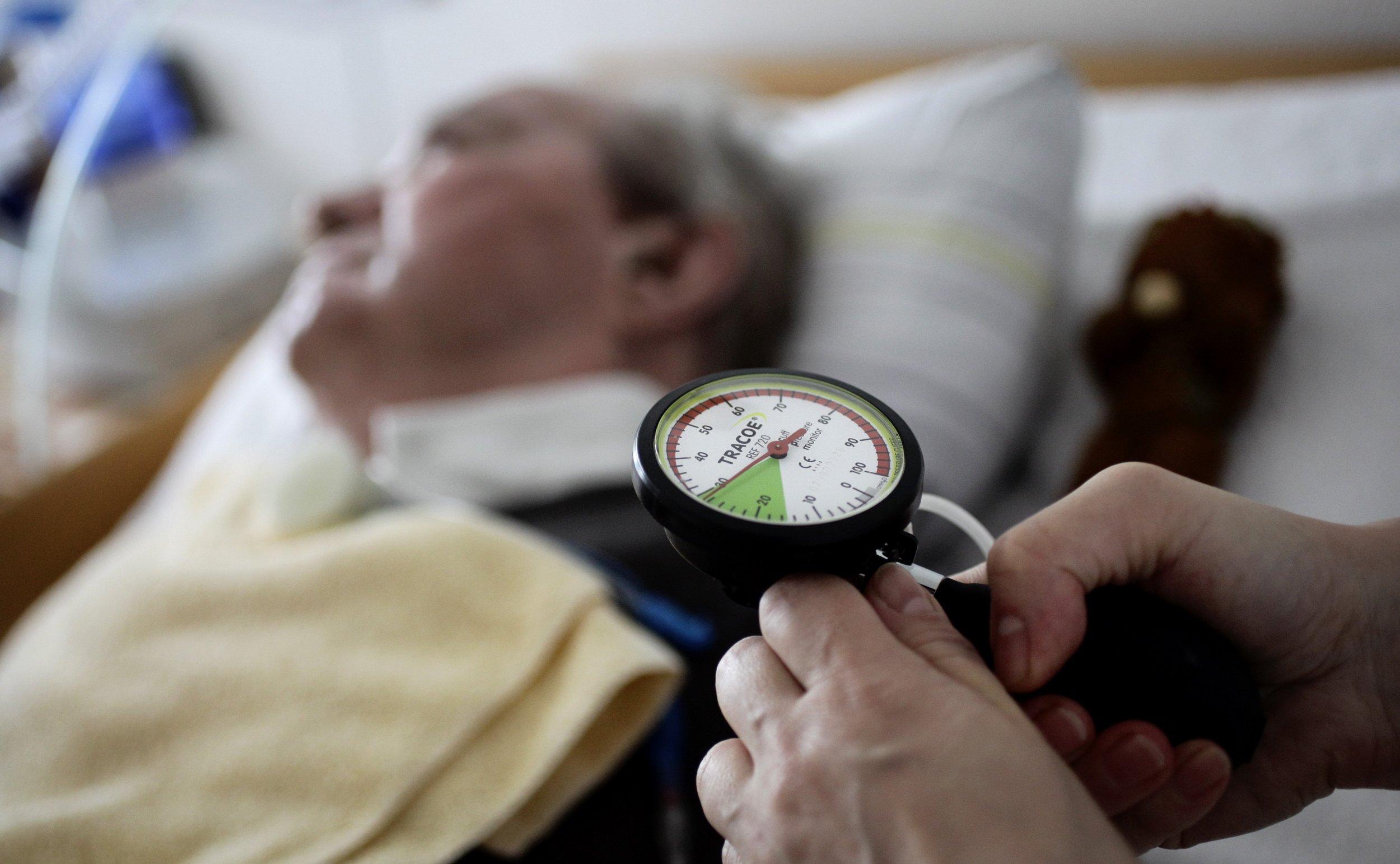
Last week, a report from France of a man in a vegetative state who recovered significantly from an innovative treatment garnered widespread attention. Now, the researchers are once again in the spotlight after reports surfaced that the patient had died months before they published their report of the success. At least one news headline has implied the researchers concealed the truth.
The actual truth is far more nuanced, and cuts to the core of some of the most compelling ethical issues that scientists and doctors face.
On the surface, the sequence of events could lead a person to conclude that something was awry. The researchers had outfitted the 35-year-old man with a device that stimulated his vagus nerve, bringing him out of a 15-year-long vegetative state. The intervention did work, leading him to regain minimal consciousness. But he died soon after this change, three months before the doctors reported the medical phenomenon.
From the moment the team decided to publicly report what they had achieved, they faced a dilemma. They had a significant finding that could help save future lives. But they also had to meet the press. In going public, they faced the usual conundrums that accompany such successes: downplaying the results without dismissing them; emphasizing that the patient had not completely woken up. And they had to contend with the fact that this man they were speaking about was long dead, a fact that was not included in the case report.
They kept his death out of their case study reporting the treatment at least in part because the family wished to keep it private. But the revelation has sparked some criticism, and raises questions about ethics and transparency in what appears to be an extremely fraught situation.
Known to the world as Guillaume T., the subject of this experiment had been in a vegetative state for 20 years as a result of a car accident. With no reason to believe that he would ever reawaken otherwise, doctors inserted a device in his chest to stimulate the vagus nerve in hopes of bringing him closer to consciousness.
The results seemed promising. As Newsweek (and many other publications) reported, although Guillaume did not fully recover consciousness, he showed signs of what's called minimal consciousness—a significant improvement. He could follow objects with his gaze and move his head on command. His mother said he could stay awake while listening to someone read a book.
The journal Current Biology, which published the study on September 25, was reportedly not informed the man had died. In interviews with other outlets, the researchers who conducted the experiment commented without this detail.
The omission of his death from the study has drawn attention in the French media over the past two weeks, after Guillaume's death was first reported in French on September 27.
But the imagined subtext of some headlines that followed—that the experiment led to Guillaume's death—appears to be false. According to his doctors, Guillaume died of a "pulmonary complication" that, they claim, had nothing to do with what they had done. "It was at our request that Guillaume's death was not revealed, for private reasons," Guillaume's mother told French newspaper Le Monde.
The lead investigator on the project, Angela Sirigu, told The Guardian that "the patient's death was not linked to our protocol."
Le Monde reports that Guillaume began to experience sleep apnea—documented as a side effect of vagus nerve stimulation in people with epilepsy—in February of 2017. In March, they report, the vagus nerve stimulation was effectively terminated. Guillaume later died of an infection in June.
One of Guillaume's doctors further explained the decision to Le Monde, calling it a mistake. "We discussed it with the family. Together, we thought, wrongly, that this would lead to an amalgamation between the stimulation and his death," Jacques Luauté, a neurologist who treated Guillaume T. told Le Monde in French. "We arrived at the conclusion that the death—which had no link to the experiment—was an intimate family matter. That was a mistake. It was clear people would ask us what became of this patient."
And ask they did. This put the researchers in the position of fielding questions about the future prospects of a man they already knew to be dead. They opted to withhold that fact. When Sirigu first spoke to The Guardian, she referred to Guillaume in the present tense, saying "He is still paralyzed, he cannot talk, but he can respond. Now he is more aware." As of this writing, Sirigu has yet to respond to a request for comment.
Whatever controversy arises around the disclosure, the science is still significant, Joseph Fins of Weill Cornell Medical College told Newsweek. "It's important that this unfortunate circumstance doesn't necessarily derail this promising research because the inherent mortality in brain injury of this sort is high," he said.
Still, Fins added, "research is served when there's more, not less transparency."
Uncommon Knowledge
Newsweek is committed to challenging conventional wisdom and finding connections in the search for common ground.
Newsweek is committed to challenging conventional wisdom and finding connections in the search for common ground.
About the writer
Joseph Frankel is a science and health writer at Newsweek. He has previously worked for The Atlantic and WNYC.
To read how Newsweek uses AI as a newsroom tool, Click here.








